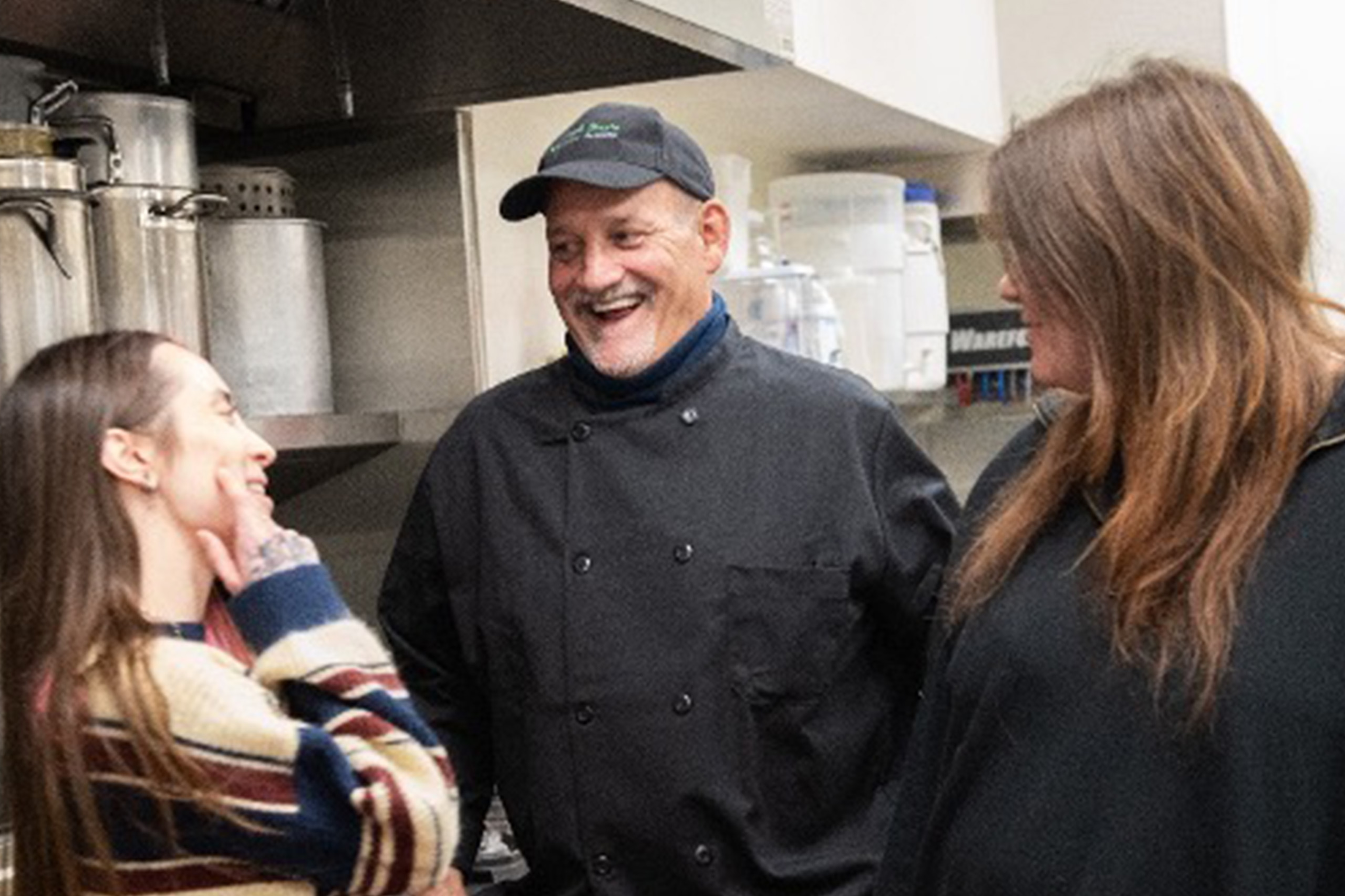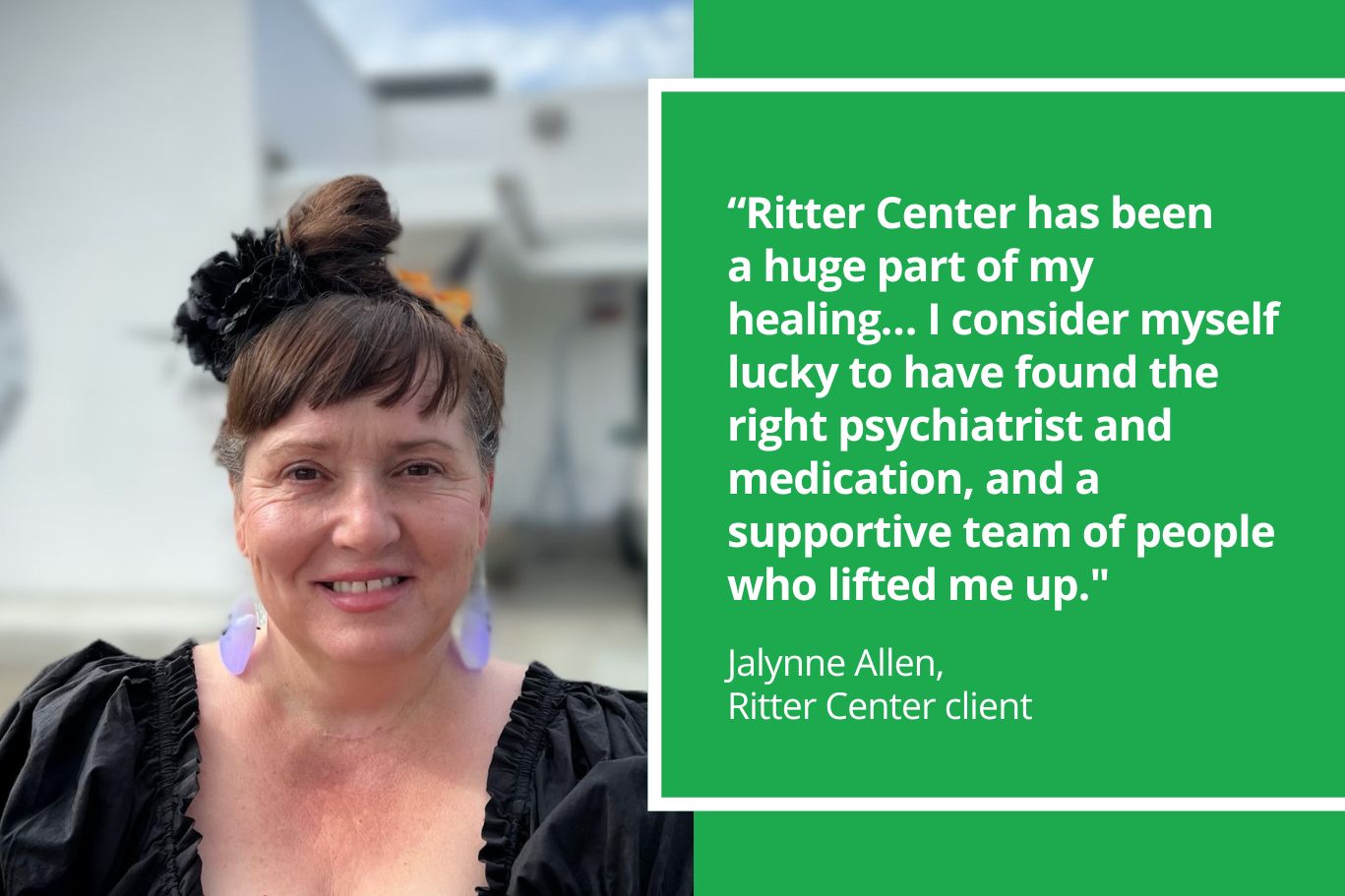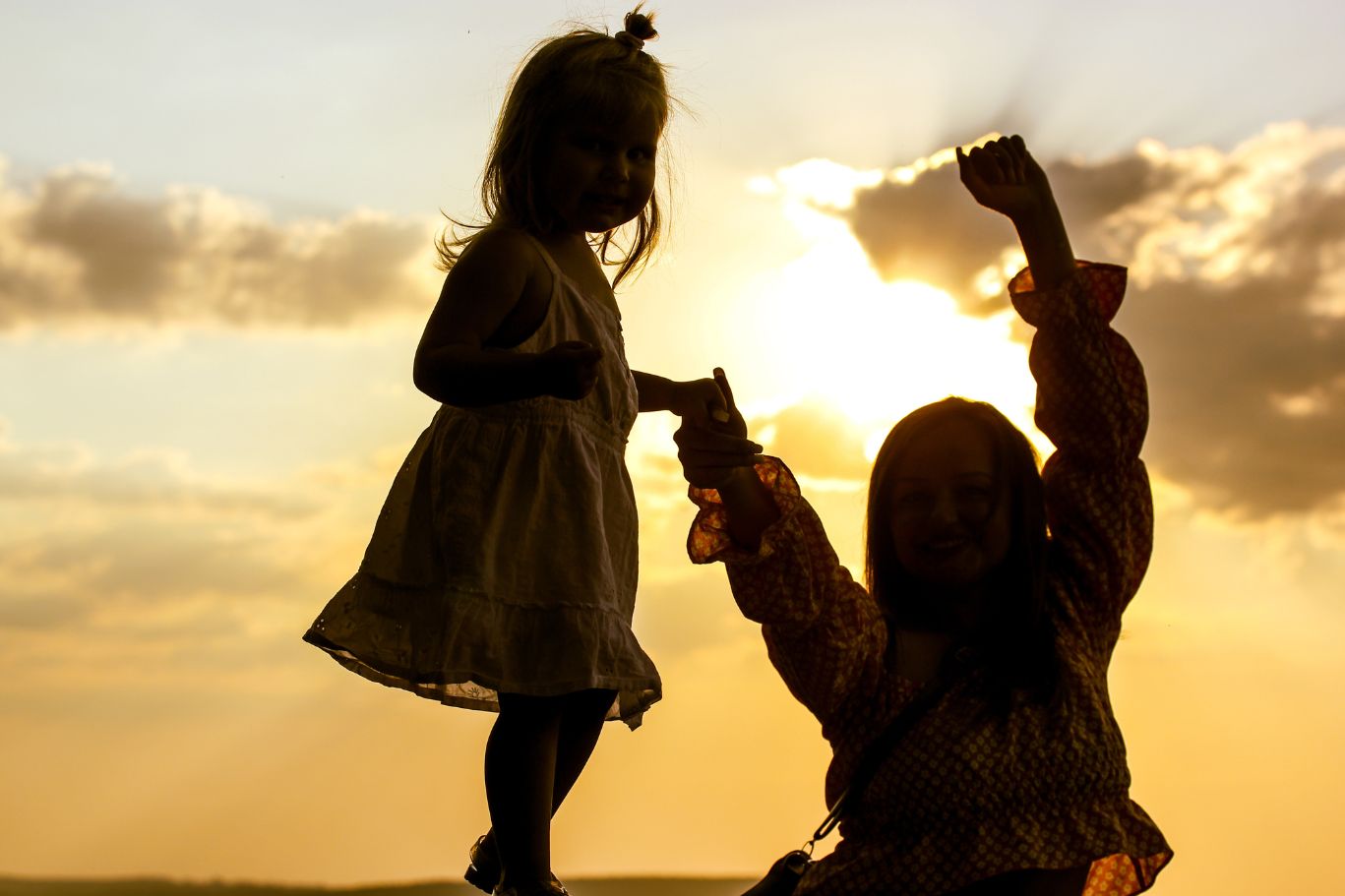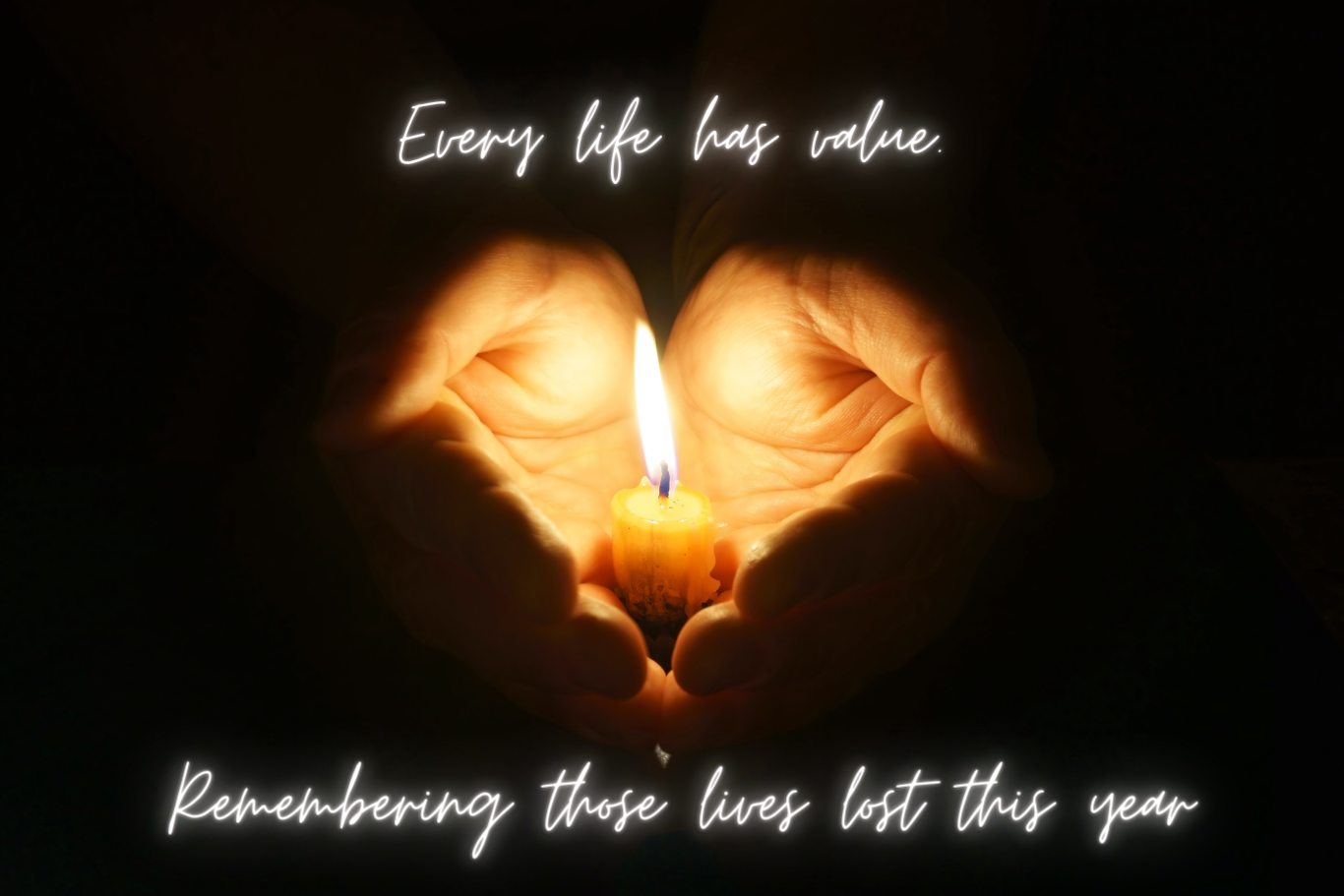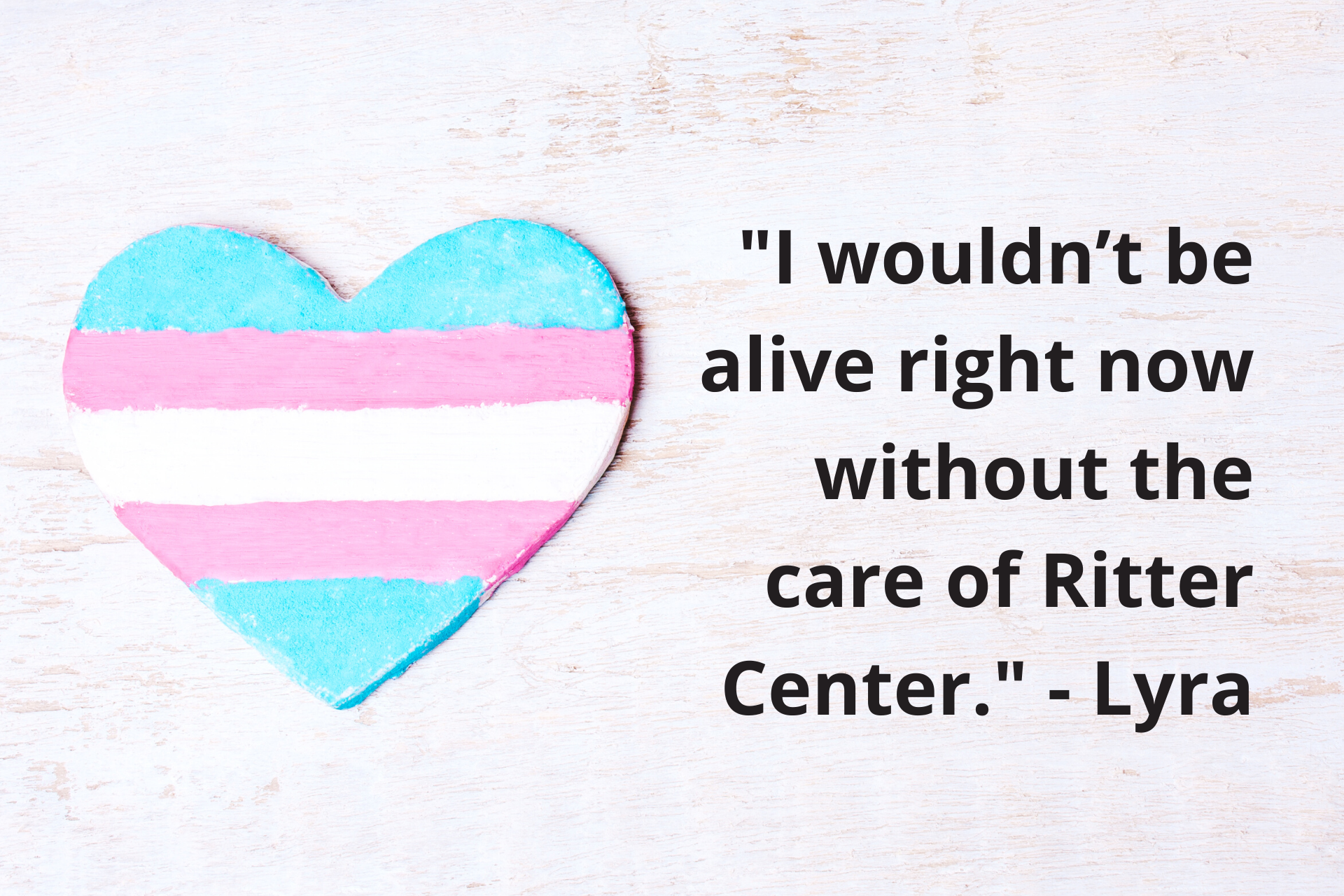
Homeless for 19 years, Lyra walked through her own front door this summer.
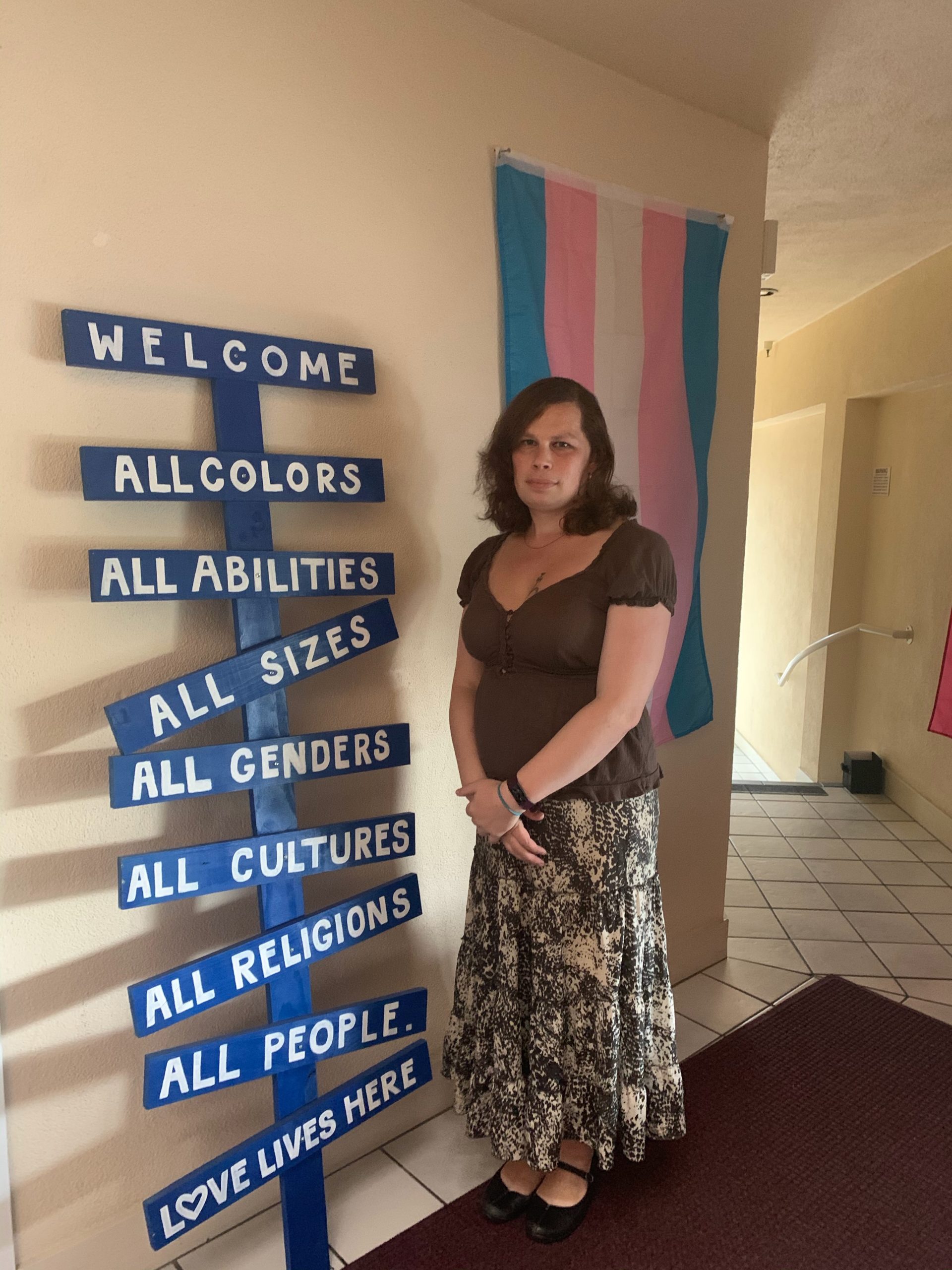 Up until August 2020, Lyra Menolloy Smith had been homeless since May 29, 2001.
Up until August 2020, Lyra Menolloy Smith had been homeless since May 29, 2001.
10 days after her 16th birthday was the last day she saw anyone in her family. Forced out of the closet the week before, she was raped at school. When she reported it to the school resource officer, he responded that Lyra probably enjoyed it because “everybody in school knows you’re a faggot anyway.”
The news spread quickly. By the time Lyra got home, her mom had piled her journals, clothes, and schoolbooks on the front yard and soaked it all in kerosene. She was standing nearby smoking a cigarette, and Lyra’s older brother was holding a shotgun.
This marked the beginning of Lyra’s homelessness. She tried to stay near her hometown outside of Asheville, North Carolina, for 16 years after that, but during that time, she was put in jail for various stints for over a total of 10 years. Her most serious crime was shoplifting food.
It was heartbreaking for Lyra to deal with the levels of oppression homeless people face. The housing crisis from 2007 shattered many of the options people like Lyra had. This resulted in a series of 1-2 week jail sentences. Soon, the judges started to recognize her.
She slept in a dumpster and was sentenced to 120 days.
She was given a repeat 120 days for panhandling because she held a sign saying “need food – anything helps.”
Lyra also got jail time for using the bathroom in the woods.
She even had to wait for her court date 127 days in jail for a crime with a maximum sentence of 120 days. Ironically, once her case was heard, the judge dropped the charges.
In addition, Lyra went to jail for using the women’s bathroom even though she is transgender. They gave her two months in jail that time.
In April of 2013, she had just finished 127 days in jail. They released her at 1 am in the pouring rain in shorts and a tank top with no shoes. It rained for three days straight. Lyra didn’t sleep for three days. She was walking around in a fugue state and doesn’t even remember what she was doing during that time.
Lyra found herself on the top level of the library parking lot, climbing a fence prepared to jump off. A security guard saw her on camera and assumed she was breaking into cars. He pulled Lyra off the fence, and she was sent back to jail for another two weeks.
When she was released, a friend took her to Tennessee for two months to the annual Beltane Festival in the woods to celebrate the beginning of spring. She met the radical fairies, and everything began to change!
This was her first introduction to queer culture at large. This was also the first time in her life she met a transgender woman. She had never been in the presence of more than five queer people. It was a powerful experience. Lyra never returned to Asheville again.
She met two people who were driving west and offered to give her a ride. They were going to New Mexico, and from there, she hitchhiked the rest of the way to San Francisco. She arrived on June 8 of 2013, where she experienced her first Pride celebration that month. Lyra spent one terrifying week in Golden Gate Park as a homeless person before going to a shelter in San Francisco.
She met a couple of older guys at the Pride celebration who lived in Fairfax. They had heard her story and asked her to move in with them. She turned them down because, with no income, she didn’t want to be a drain on them. Lyra focused on getting her general assistance, health care, and Social Security. Two years later, she moved in with them and slept on a couch in their garage.
During this time, Lyra began to work with Ritter Center’s whole-person care team. With Ritter’s help, Lyra completed the paperwork for Section 8 housing, found a place to live, and moved in. If it weren’t for Ritter, after the course of the last 3-4 years, Lyra would still be on the streets. Actually, Lyra goes one step further. She says she “wouldn’t be alive right now without the care of Ritter Center.”
She has been to 47 states and tried to live in 15 of them. Lyra says that Ritter Center was the only organization that made any headway for her situation of everywhere she has been in this country.
Ritter’s whole-person care team was the solution. Lyra explains why:
“They work with the county and automatically have contact with so many organizations in the county: housing authority, health department, Social Security, and social services. With Ritter Center, the inroads are already there. The tools are available to make a change.”
Lyra passionately explained what made the difference for her:
“What’s stopping others from being as effective as Ritter Center whole person care, is that other places don’t have the liaison aspect which is critical. It is a systemic issue when communication doesn’t happen between the housing authority, the health department, and the county jail.
The biggest problem facing the homeless community is that many believe that jails are a replacement for housing.
When people are arrested and yet no tools are offered as solutions, homelessness won’t end. That’s what the whole person care team does at Ritter Center.
The case management team handles those tools like a hammer and tears down those walls to create solutions.
Whole person care means health care and psychiatric care which I haven’t had access to prior to Ritter. Health care was my inroad into whole person care. I didn’t see a doctor — that wasn’t an ER doctor — until I was 34. The health care alone would have been amazing, but the team at Ritter Center told me there is more to their work than just access to that type of care. They showed that they would help me with my economic situation, and wanted to know if I was going to eat tomorrow and where I would sleep.
Ritter Center said that all of this was part of me, too. That’s why they call it whole person care.
It’s literally everything that holds meaning to live a life worth living.”
Lyra now has a place to call home. With Ritter Center’s help, she moved into permanent housing in August 2020.

